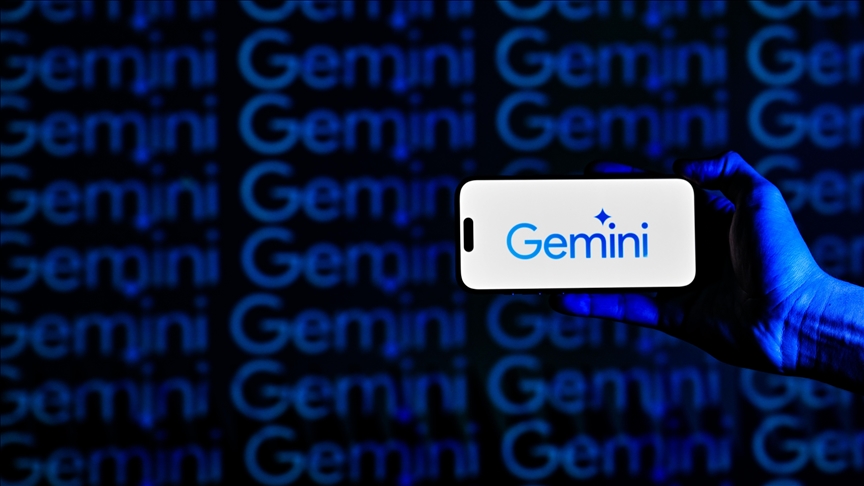Each AI chat prompt consumes 5 drops of water, Google claims
Google’s new research claims AI efficiency efforts lead to significantly lower environmental costs

ANKARA
Google’s Gemini, a prominent artificial intelligence (AI) chatbot, consumes as much energy to answer a text prompt as nine seconds of watching television and uses approximately five drops of water for cooling, according to a technical research paper published last week.
In a Google Cloud blog post titled “How much energy does Google’s AI use? We did the math,” the company presented a comprehensive analysis of the environmental impact of AI.
This research highlighted the environmental footprint of Gemini, showing that its energy consumption, carbon emissions, and water usage were significantly lower than previous estimates.
On average, a single text prompt into Gemini consumes 0.24 watt-hours of energy, emits 0.03 grams of carbon, and results in 0.26 milliliters of water consumption.
Efficiency improvements and reduced impact
Google engineers explained that Gemini’s environmental footprint is much smaller than previously thought. The energy consumption per prompt has decreased by 33 times, and its carbon emissions have fallen by 44 times.
Key advancements, such as model improvements and software optimizations over the past year, resulted in 23 times energy savings. Additionally, better resource utilization and clean energy initiatives led to a 1.4 times reduction in carbon emissions.
The paper pointed out that earlier studies often overestimated environmental impacts due to their narrow scope. Most of these studies only considered the active energy consumption of AI processors. In contrast, Google’s research includes idle machine energy use, processor and memory power draws, and data center cooling systems.
The report further revealed that the average water consumption associated with a Gemini chat was hundreds of times lower than earlier predictions, which estimated consumption at 45 to 50 milliliters per interaction. The new measurement showed only 0.26 milliliters of water per text prompt, a stark reduction.
In 2023, Google also announced the use of air-cooled systems in its new data centers in high water-stress regions, aiming to bring water usage in these areas to near-zero levels.
While the environmental impact of a single AI prompt is low, the report emphasized the importance of analyzing the total global impact due to the billions of AI interactions taking place daily.
Google’s strategy includes ultra-efficient data centers, tailor-made hardware, and carbon-zero energy targets, all of which help reduce AI's overall environmental costs.
In the last year, Google's Scope 2 emissions—the indirect carbon footprint—have decreased by 47 times per text prompt, owing primarily to AI efficiency efforts. The company also experienced a 36-fold reduction in Scope 1+3 emissions, which are related to hardware.
The research paper underscored the importance of transparency and the use of common measurement standards when assessing AI's environmental impact. With billions of global interactions, it is critical to accurately assess the cumulative impact.
“We advocate for the widespread adoption of this or similarly comprehensive measurement frameworks to ensure that as the capabilities of AI advance, their environmental efficiency does as well,” read the research paper.
However, the report did not disclose specific data on daily conversations, the number of prompts, or Gemini's usage rates.
Anadolu Agency website contains only a portion of the news stories offered to subscribers in the AA News Broadcasting System (HAS), and in summarized form. Please contact us for subscription options.







